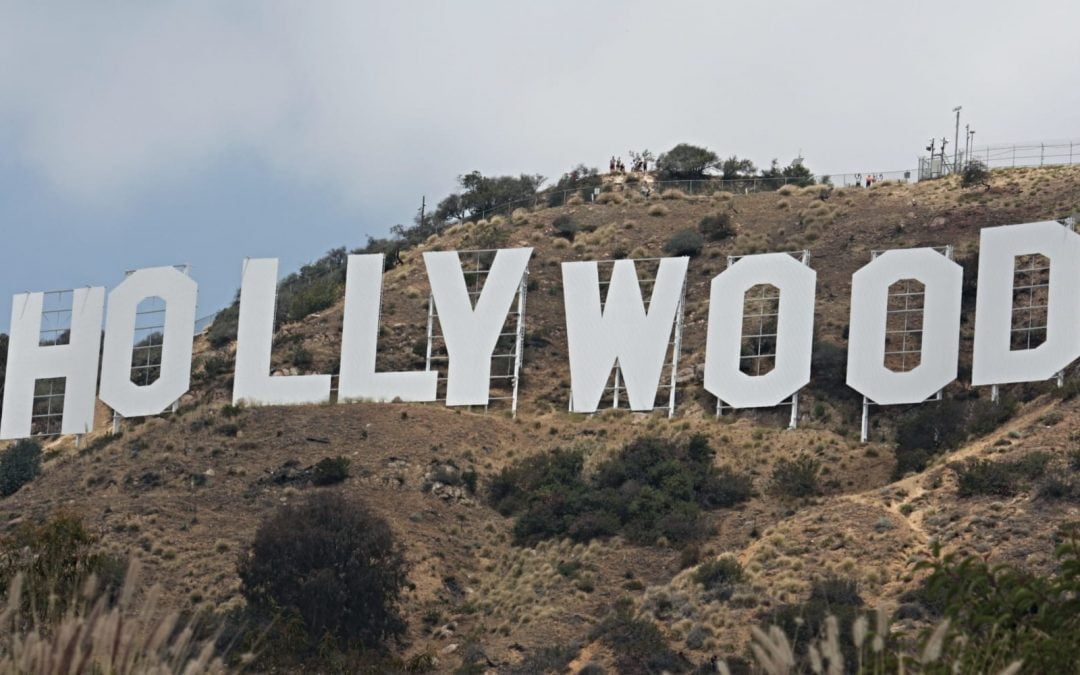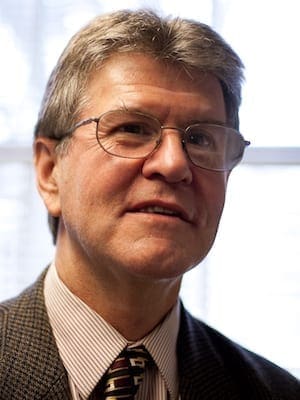Hollywood normally does a poor job of portraying religion or comprehending regular religious practice – especially Christianity.
I commented on this recently, but this post concerns the dilemma of just how acute those difficulties need to be before the film or TV program becomes completely unacceptable. How wrong do they have to get it?
Imagine you are watching a hypothetical film with a Jewish theme, which is beautifully filmed and superbly acted.
Let’s imagine that it concerns a young man who is losing his faith, so he goes to a learned rabbi, who tells him he must have faith in the gospels and love the Virgin Mary.
Assume also that scene is not there for comic or absurd effect, but that the writer believes that these are typically Jewish views.
That would reveal a fairly total failure to understand the basic subject matter, to the extent that I’m really not sure I want to see any more of the film, or (actually) that it should have been made in the first place.
That’s not censorship; that’s an appeal to common decency.
That analogy came to mind when I was watching a well-reviewed 2017 film called “Novitiate,” about a young woman preparing to enter a convent in the mid-1960s, at the time of the Second Vatican Council.
I was expecting a film that was critical of pre-Vatican II practice, and of convents generally, all of which is quite legitimate.
But here is the thing: At no point in the film did any character say anything that was vaguely believable in terms of the time, place and culture.
That does not mean that the film was too harsh or critical about Catholicism, but it was just wrong and anachronistic at every point.
It simply failed to portray the nature of piety or practice in that era, its most fundamental beliefs or institutions.
The film basically imagines a naïve modern 2017 woman joining such a convent, but without any knowledge of Catholic culture of the time, which was (for instance) deeply and thoroughly Marian. Yet, there is not a word in the film about the Virgin Mary.
The postulant in the film is completely alien to that culture, is not even baptized; the same absence of Catholic culture apparently applies to all her fellow postulants.
They are 2017 girls dropped into 1964 or so, out of time and place. They keep being amazed by what they are told as if they are hearing it for the first time, although in reality they would have grown up with this system from earliest years.
I won’t list all the individual errors and flubs, but just nothing rang true. At a minimum, the lack of baptism would have pre-empted any postulant in the real world.
Nor in this Catholic world did Confession seem to exist. Characters talk about what they are already circa 1965 calling “Vatican Two” (No!), as if the changes of the next decade or so had already taken place.
A couple of Catholic reviewers picked up the baptism thing, but what they virtually all missed was the film’s total ignorance of the Catholic culture of the time.
So, we have totally forgotten a major part of American religious culture as it existed in 1960 or so. What chance do we have of reclaiming any earlier period?
So as a viewer, what do you do? Do you imagine that “Novitiate” is a film about some anonymous cult and its members, pretend it’s not about Catholicism in the 1960s and try to enjoy the acting and production? (And the acting was great.) Or do you turn it off?
It’s a dilemma. But the pain of watching this was pretty intense. It might work well as a penance.
But here is the more basic point. If a writer or director is going to try and portray an era, why don’t they try and understand the culture, which can be picked up easily enough from a few hundred easily available books or films?
If anyone thinks I am being prudish or picky about strict historical accuracy, I am not. Nor is anachronism of itself a deal breaker: You suspend disbelief.
I love the classic Errol Flynn film, “The Charge of the Light Brigade” (1936), in which the soldiers fighting in that famous charge (in 1854) are seeking to avenge the dreadful atrocities committed against their kith and kin during the Indian Mutiny, which actually occurred three years later (1857).
OK, so it’s not a documentary.
In different ways, I relish the 2017 film, “The Little Hours,” which also deals with a convent. The film is anti-clerical, tasteless, foul-mouthed, spectacularly anachronistic and wildly funny.
The 14th-century nuns all speak as if they have come from a boozy television special with Chelsea Handler.
That makes the film close to perfect in catching the spirit of its source material, which is the medieval tales of Boccaccio, and it could usefully be deployed to teach a medieval history course.
It catches the attitudes exactly, even if the facts are completely off base. I mean it as high praise when I say the script could have been written in 1360. (In fact, showing the film in class would get you fired, but you take my point.)
Anachronism in its way can be highly effective when it is self-conscious and deliberate.
Witness that other neo-medieval classic, Heath Ledger’s “The Knight’s Tale” (2001), which I have watched and enjoyed a great many times.
The scenes with Prince Edward always get to me, as do the courtiers dancing to David Bowie’s Golden Years.
And no, I don’t think spectators at medieval jousting contests actually did the wave.
But in those cases, the filmmakers knew – and cared – exactly what they were doing.
Editor’s note: A version of this article first appeared on The Anxious Bench, where Jenkins blogs regularly. It is used with permission.
Philip Jenkins is distinguished professor of history at Baylor University in Waco, Texas, and serves as co-director for the program on historical studies of religion in the Institute for Studies of Religion. He is the author of numerous books, including “The Great and Holy War: How WWI Became a Religious Crusade.”


